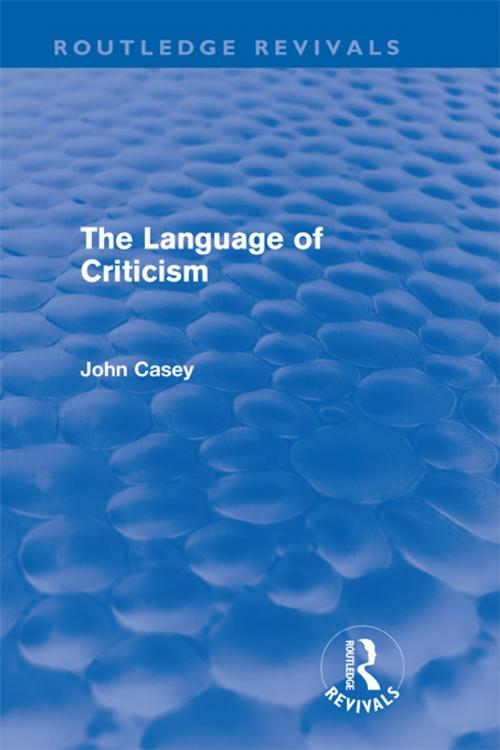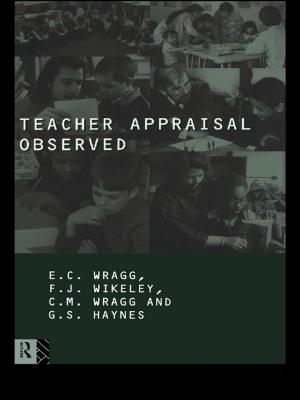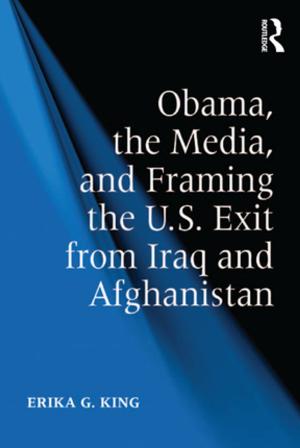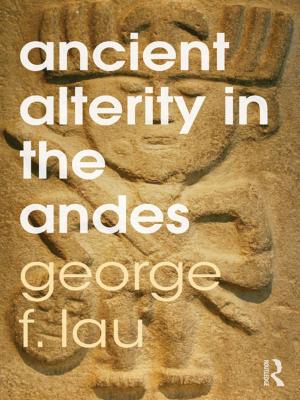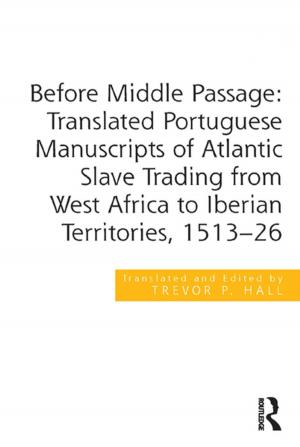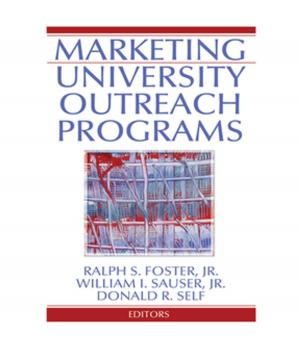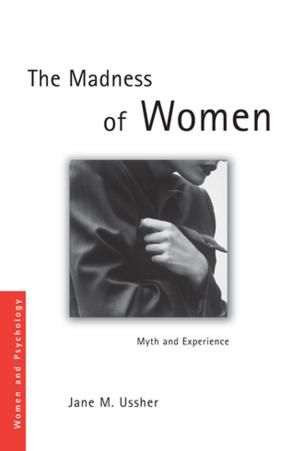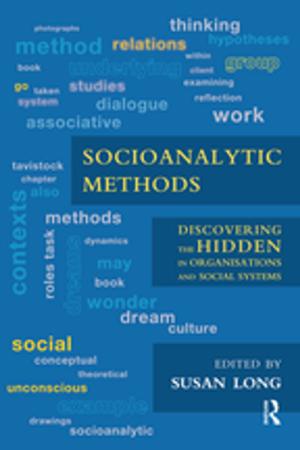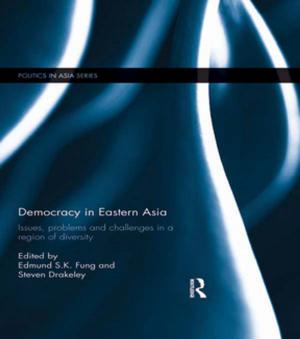The Language of Criticism (Routledge Revivals)
Fiction & Literature, Literary Theory & Criticism, Theory, Nonfiction, Religion & Spirituality, Philosophy| Author: | John Casey | ISBN: | 9781136736827 |
| Publisher: | Taylor and Francis | Publication: | July 26, 2012 |
| Imprint: | Routledge | Language: | English |
| Author: | John Casey |
| ISBN: | 9781136736827 |
| Publisher: | Taylor and Francis |
| Publication: | July 26, 2012 |
| Imprint: | Routledge |
| Language: | English |
First published in 1966, the Language of Criticism was the first systematic attempt to understand literary criticism through the methods of linguistic philosophy and the later work of Wittgenstein. Literary critical and aesthetic judgements are rational, but are not to be explained by scientific methods. Criticism discovers reasons for a response, rather than causes, and is a rational procedure, rather than the expression of simply subjective taste, or of ideology, or of the power relations of society.
The book aims at a philosophical justification of the tradition of practical criticism that runs from Matthew Arnold, through T.S.Eliot to I.A.Richards, William Empson, F.R.Leavis and the American New Critics. It argues that the close reading of texts moves justifiably from text to world, from aesthetic to ethical valuation. In this it differs radically from the schools of "theory" that have recently dominated the humanities.
First published in 1966, the Language of Criticism was the first systematic attempt to understand literary criticism through the methods of linguistic philosophy and the later work of Wittgenstein. Literary critical and aesthetic judgements are rational, but are not to be explained by scientific methods. Criticism discovers reasons for a response, rather than causes, and is a rational procedure, rather than the expression of simply subjective taste, or of ideology, or of the power relations of society.
The book aims at a philosophical justification of the tradition of practical criticism that runs from Matthew Arnold, through T.S.Eliot to I.A.Richards, William Empson, F.R.Leavis and the American New Critics. It argues that the close reading of texts moves justifiably from text to world, from aesthetic to ethical valuation. In this it differs radically from the schools of "theory" that have recently dominated the humanities.
